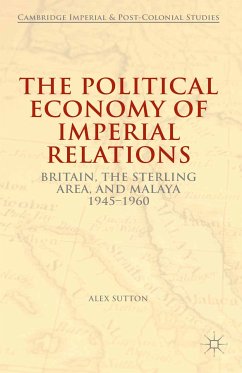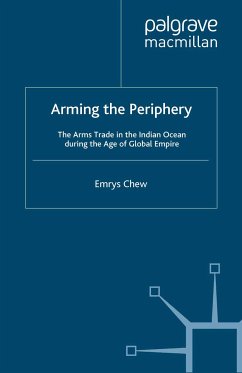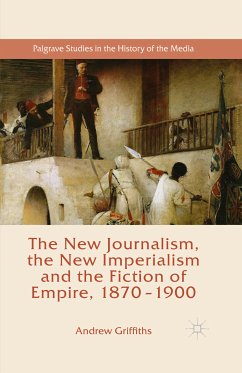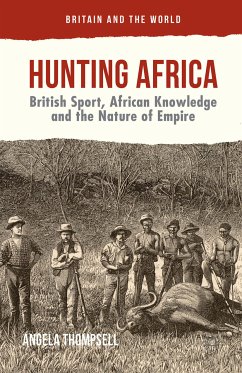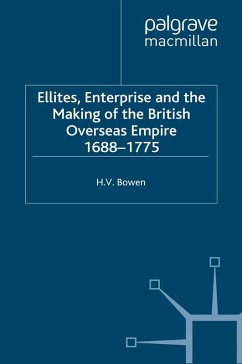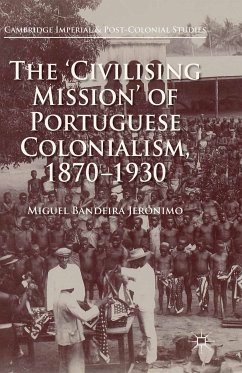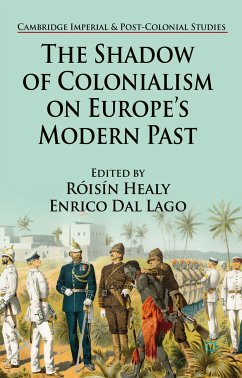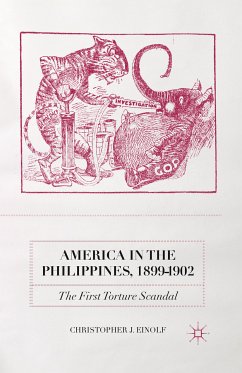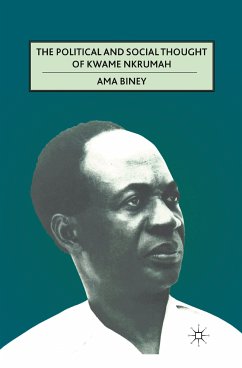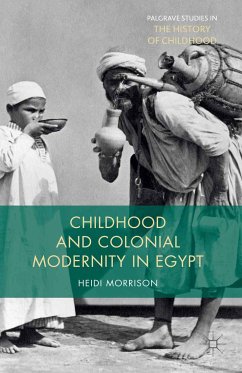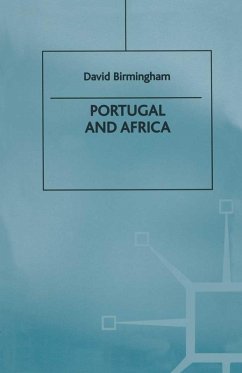
Portugal and Africa (eBook, PDF)
Versandkostenfrei!
Sofort per Download lieferbar
72,95 €
inkl. MwSt.
Weitere Ausgaben:

PAYBACK Punkte
36 °P sammeln!
The late-medieval Portuguese who arrived in Africa were colonizers in the roman style, gold merchants on an imperial scale, conquistadores in the Hispanic tradition. Although their empire struggled to survive centuries of Dutch and English competition, it revived in the twentieth century on a tide of white migration. Settlers, however, brought racial conflict as well as economic modernisation and the Portuguese colonies went through spasms of violence which resembled those of Algeria and South Africa. Liberation eventually came but the peoples of the old colonial cities clung tightly to their ...
The late-medieval Portuguese who arrived in Africa were colonizers in the roman style, gold merchants on an imperial scale, conquistadores in the Hispanic tradition. Although their empire struggled to survive centuries of Dutch and English competition, it revived in the twentieth century on a tide of white migration. Settlers, however, brought racial conflict as well as economic modernisation and the Portuguese colonies went through spasms of violence which resembled those of Algeria and South Africa. Liberation eventually came but the peoples of the old colonial cities clung tightly to their acquired traditions, eating Portuguese dishes, writing Portuguese poetry and studying in Portuguese universities.
Dieser Download kann aus rechtlichen Gründen nur mit Rechnungsadresse in A, B, BG, CY, CZ, D, DK, EW, E, FIN, F, GR, HR, H, IRL, I, LT, L, LR, M, NL, PL, P, R, S, SLO, SK ausgeliefert werden.



